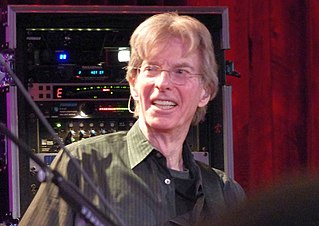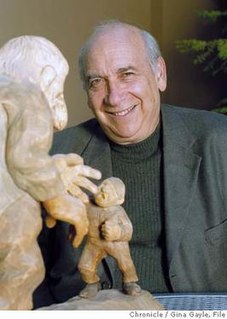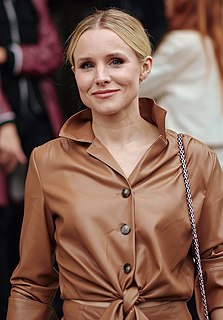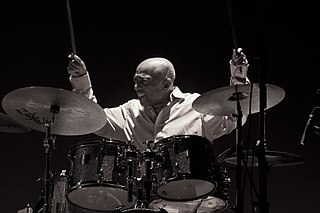A Quote by Wynton Marsalis
But you listen to Coltrane and that's something human, something that's about elevation. It's like making love to a woman. It's about something of value, it's not just loud. It doesn't have that violent connotation to it. I wanted to be a jazz musician so bad, but I really couldn't. There was no way I could figure out to learn how to play.
Related Quotes
... We borrowed it all from Coltrane. I started encouraging everybody in the band to listen to John Coltrane - 'Check it out, see what these guys do.' They take one chord, the tonic chord, and just play all over it. 'We can do that too!' I wanted to make our music something really amazing - I wanted it to be jaw-dropping and turn on a dime and do all of those things that I knew music could do, and nobody told us we couldn't do it. I shouldn't say 'I,' though - Jerry Garcia was behind it the whole way.
I was in school for jazz voice, which is the dumbest way to spend $35,000 a year. I just felt like a rip-off of good jazz singers. I didn't feel like I was being anything special, and I always wanted to be special. It's like you know you have something inside you that's gonna make you different than everybody else and make you somebody in this life, but you wish you could figure out what it is, because at most things, you're either mediocre or really, really bad.
Jazz is really about the human experience. It’s about the ability of human beings to take the worst of circumstances and struggles and turn it into something creative and constructive. That’s something that’s built into the fiber of every human being. And I think that’s why people can respond to it. They feel the freedom in it. And the attributes of jazz are also admirable. It’s about dialogue. It’s about sharing. And teamwork. It’s in the moment, and it's nonjudgmental.
The way I've talked about my research process is that it was like magpies. I was just sort of moving through all these books and when something shiny would pop out I'd be like, Ooh, I love it! and I'd pluck it out. It's fun to figure out how to use those bits you really love - like I'd read about gold shoes with cork heels. Obviously, Margaret would have to wear those shoes.
He misses the feeling of creating something out of something. That’s right — something out of something. Because something out of nothing is when you make something up out of thin air, in which case it has no value. Anybody can do that. But something out of something means it was really there the whole time, inside you, and you discover it as part of something new, that’s never happened before.
I refused to worry about something I could not change, and I still refuse. Look, I'm like any other woman. All this evolved b.s. that I'm telling you is my mantra. It's not something I practice naturally. I had to surrender to not worrying about the way I looked, how much I weighed, because that's just part of the journey of having a baby. I am not a woman whose self-worth comes from her dress size.
There was a lot that was tricky about playing with [Thelonious Monk]. It's a musical language where there's really no lyrics. It's something you feel and you're hearing. It's like an ongoing conversation. You really had to listen to this guy. Cause he could play the strangest tempos, and they could be very in-between tempos on some of those compositions. You really had to listen to his arrangements and the way he would play them. On his solos, you'd really have to listen good in there. You'd have to concentrate on what you were doing as well.
I love jazz. So to me, there are two main types of jazz. There's dancing jazz, and then there's listening jazz. Listening jazz is like Thelonius Monk or John Coltrane, where it's a listening experience. So that's what I like; I like to make stuff that you listen to. It's not really meant to get you up; it's meant to get your mind focused. That's why you sit and listen to jazz. You dance to big band or whatever, but for the most part, you sit and listen to jazz. I think it comes from that aesthetic, trying to take that jazz listening experience and put it on hip-hop.



































